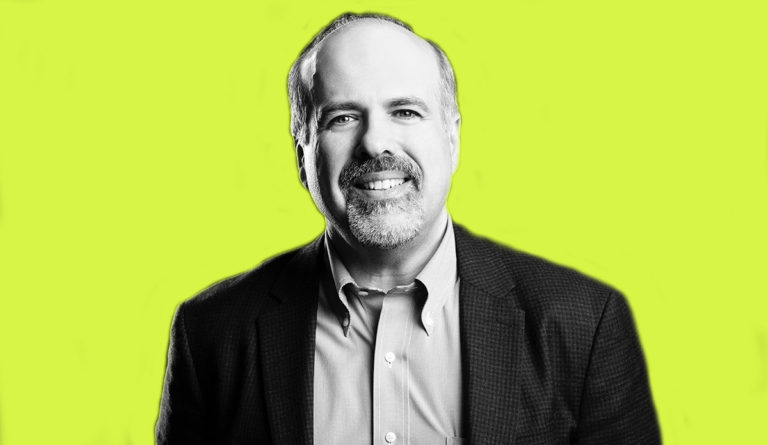Rafael Campo
PHP Fellow Jori Fortson profiles Dr. Rafael Campo, author of The Desire to Heal, about his work as a physician and the healing power of poetry.

Read Time: 4 minutes
Published:
Rafael Campo recently spoke at Boston University School of Public Health about his memoir, The Desire to Heal, which explores his Cuban-American identity and journey as a gay man and physician during the rise of HIV/AIDS. Public Health Post Fellow Jori Fortson spoke with Dr. Campo about his work as a physician and the healing power of poetry.
Public Health Post: You describe how AIDS was a “white disease” when you began doctoring, yet HIV currently disproportionately affects young, Black men who have sex with men in the southeastern US. How have you seen the HIV/AIDS epidemic change over the last 20 years?
Rafael Campo: In the first years, white, gay men were more heard. I believe all of the groups that we see impacted by HIV/AIDS now were impacted then, we just didn’t hear about it. There has probably been some shift demographically as well. Part of that has to do with access to treatment and information about HIV/AIDS, as well as how different groups define themselves in relation to their bodies. There is also a misconception amongst some groups that we’re post emergency–that we have a cure or “I can just take a pill every day. I don’t have to worry about HIV/AIDS.” Those kinds of perceptions lead to some of the disparities in how different groups are impacted by HIV/AIDS.
How has your interaction with patients changed over these decades?
Empathy is still absolutely central to my work. I used to think empathy was just about loving other people. What I realize now is that empathy is much more complex. There are really at least two kinds of empathy. One, is the more emotional empathy that has to do with identifying with another person who is suffering, and being moved by witnessing another person’s pain, and then acting to ease the pain. What I’ve learned is there’s also a cognitive empathy that really demands we go beyond the emotional. We need to be able to say you look different from me or you speak a different language. How can I learn about your experience and be able to join with you and to partner with you in healing? I’m really interested in how poetry, for example, can help us understand those experiences that might seem foreign or different.
In what ways has the medical system failed the LGBTQ+ community?
There was very little education around LGBTQ+ issues and issues of sexuality in medicine when I was trained. I think erasing a whole category of humans in our training was probably the biggest disservice medicine has done to one of my communities. There are still, despite some improvements in education around LGBTQ+ health, many people in the LGBTQ+ community who don’t feel they can talk about their fundamental identity with their doctors. There has been progress, but we still have a long way to go.
Do you ask your patients to write about their chronic illnesses? What might the benefits be?
Writing can be very therapeutic for anyone experiencing illness. Writing about one’s own illness experience restores that sense of control and authorship. Another thing that is helpful to people living with illness is how writing affords the opportunity teach others about the experience of illness. By teaching others about the experience, patients can reclaim some of their own power to help others. Illness can be extremely isolating. Poetry in particular calls us into community and brings people together. Poetry also locates us in our physical body. Reclaiming the physicality of our bodies through writing is restorative as well.
Would you rather be reading, writing or seeing patients?
I guess I would most like to be seeing patients. That’s where I feel the reading and writing are most alive, in the actual embodiment of my patients’ voices. I’m immersed in stories everyday by listening to patients tell their stories. That’s just such an incredible gift to be able to be present and be a witness to the beauty of how people live their lives despite adversity, pain, and suffering.
Do you patients know you are a writer, and what do they think about it?
Many of them know I’m writer. Some of them have come to see me because I write. I’ve shared poetry with some of them. It really depends on the particular patient, of course. But I would say generally, they welcome it. I think they understand that my writing makes me a better doctor, a better listener, and helps me to be more present in their experiences of illness.
Photo courtesy of Rafael Campo



